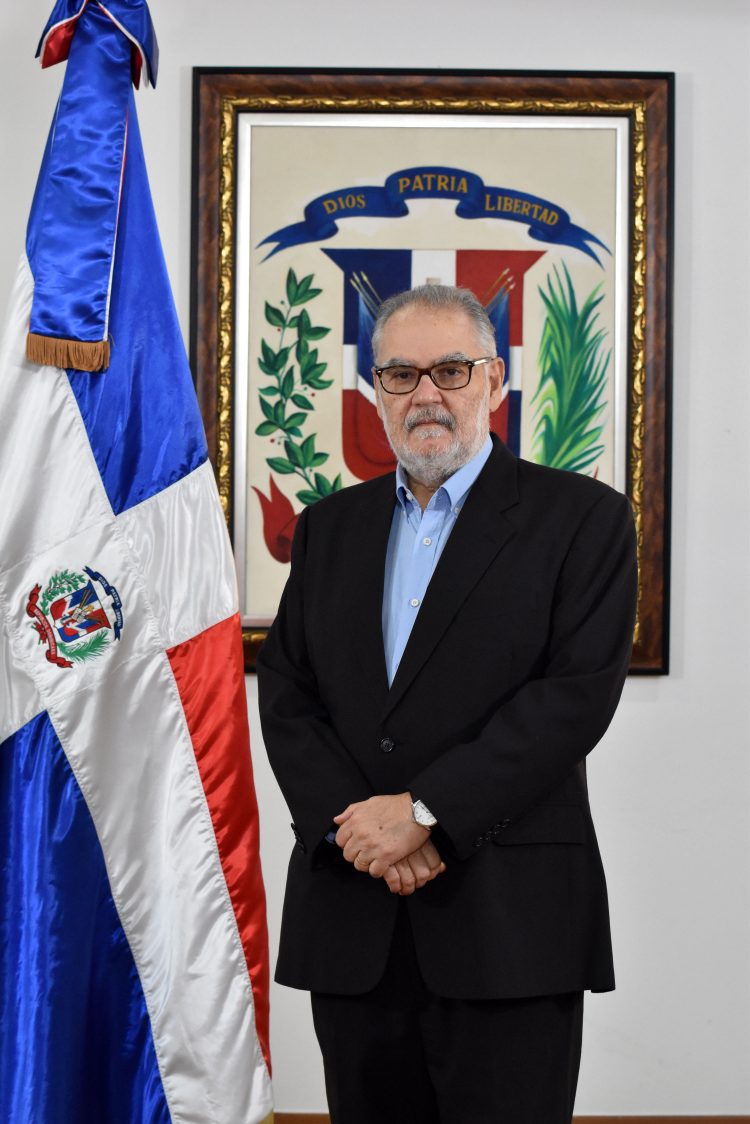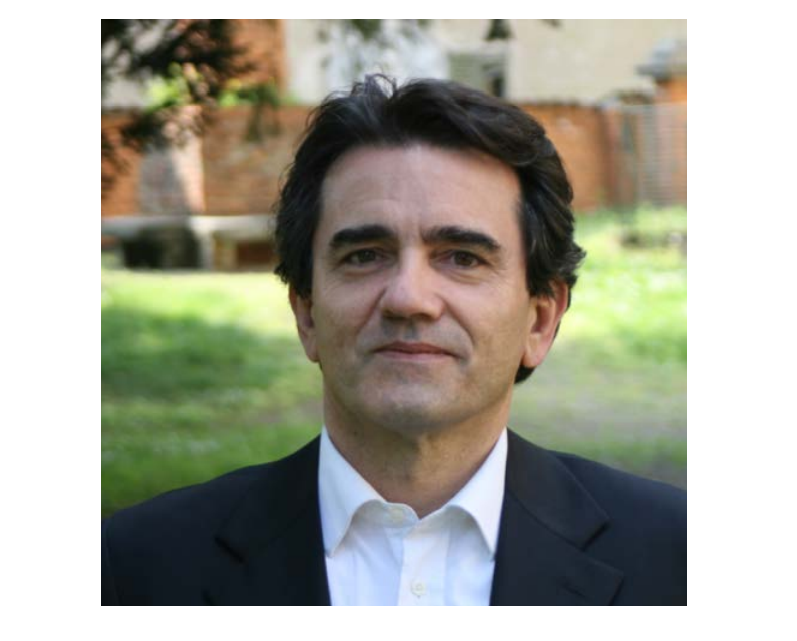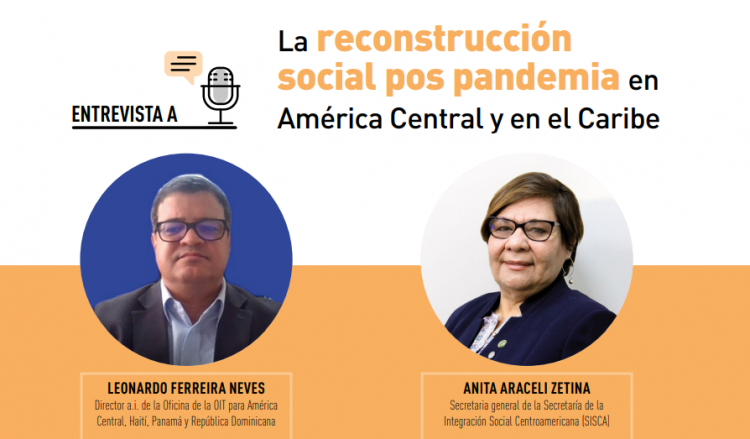An interview with Miguel Ceara Hatton, minister of Economy of the Dominican Republic

There is much discussion of social pacts in Latin America, however, implementing the concept is more difficult. The COVID crisis has revitalised the debate. What tangible elements do you think these pacts should address given the current situation?
MCH. The main problem in our societies is associated with power relations. Power relations are derived from the way that wealth is structured and the way that assets and wealth are distributed in society. Badly distributed wealth creates disparate power relations, which translate into an imbalance in de facto powers.
The first great challenge of pacts is that they require a redistribution of power that takes place by mobilising society. When society is mobilised, it becomes a destabilising power that forces us to negotiate and in the end, a pact is a negotiation, a negotiation with a more equitable foundation.
On the other hand, basically, these agreements must reflect state policies, continuity of the state in public policies. That is the other component, because you can reach an agreement, but if that agreement is not institutionalised in some way, it is lost. Therefore, they must reflect this fact, that this is a new power relationship with an institutional structure.
In the case of the Dominican Republic, there are several pacts of different types in the pipeline. For example, a pact to redistribute public spending and public income is not the same as a pact on the water issue.
There are pacts where there may be certain strategic agreements and circumstantial differences, and pacts where there are strategic differences and circumstantial differences, but at the end of the day, I think the most important thing is to understand that a pact implies a power relationship.
The recovery phase must be led by the public sector. What reforms do public administrations need to make to exercise this leadership role?
MCH. The state has had an overriding responsibility to keep the economy moving during the pandemic lockdowns. It was the state that prevented society from simply breaking down. In the Dominican Republic, it was also state aid that guaranteed the workers’ livelihoods, and it was the state that guaranteed the survival of the companies through its spending policy and resources, the expansion of the credit, via the Central Bank.
The main problem now is that you have to pay for it; and the losses accumulated during the year must be paid. Large deficits were incurred and the private sector has to pick up, react.
Fortunately, the private sector in the Dominican Republic is doing well. Between January and August, economic growth was 13%, and 65% of that 13% is investment and private investment representing 97% of total investment. In other words, in this country the private sector has reacted well to the state’s actions to support economic activity.
What reforms need to be made?
MCH. In terms of spending and fiscal restructuring, what reforms can be made? I think the most important is a tax reform. It is essential to improve social inclusion and solidarity mechanisms, institutionalise them, as well as state participation and accountability mechanisms. Those are all factors that improve clarity.
One last question: public spending has been crucial to mitigating the devastating effects of COVID, but it will affect future generations. Who do you think will pay the bill for this crisis?
MCH. I do not think that the solution to the crisis lies in any single country. This is a global crisis, and so the solution is global.
At the G7 meeting, President Biden proposed the B3W Partnership, which entails investing US$40 billion in developing countries through infrastructure for a set of countries that share values.
There is not a solution in a single country, and if a single country tries to go it alone this will only lead to losses in GDP and employment that will be far greater than that experienced during the pandemic shutdowns. So, the only clear alternative in the world is a global solution to a global problem.


